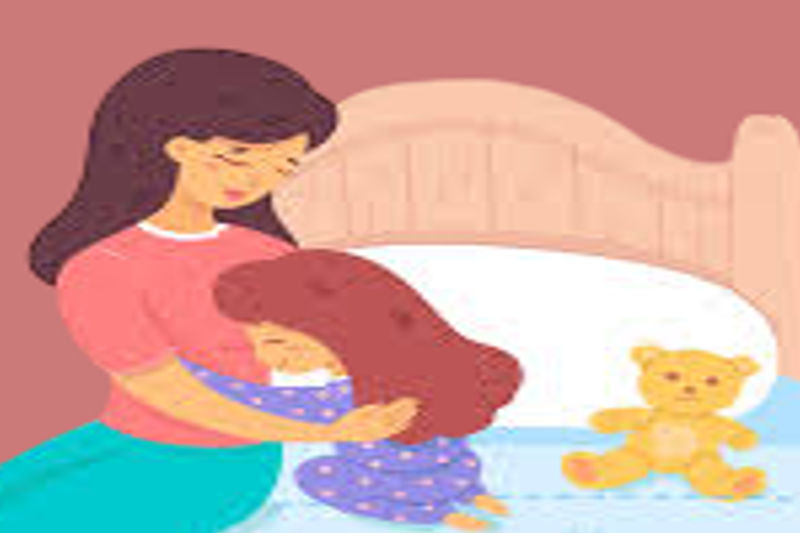Introduction
Enuresis, commonly known as bedwetting, is a condition where a child (or sometimes an adult) involuntarily urinates during sleep beyond the age when bladder control is typically expected. While it is a common issue in young children, persistent enuresis can cause emotional distress and require medical or behavioral intervention.
This article explores what enuresis is, its possible causes, and effective guidance for managing and overcoming this condition.
What is Enuresis?
Enuresis is the medical term for involuntary urination, especially at night (nocturnal enuresis). It is classified into two types:
1. Primary Enuresis – When a child has never achieved consistent nighttime dryness (most common).
2. Secondary Enuresis – When a child starts bedwetting again after at least six months of staying dry.
Bedwetting is considered a problem if:
– It occurs twice a week for at least three months in children 5 years or older.
– It causes emotional distress or social difficulties.
Common Reasons for Enuresis
1. Delayed Bladder Maturation
Some children’s bladders develop slower, leading to reduced capacity or poor muscle control.
2. Deep Sleep Patterns
Youngsters who sleep deeply might not notice when their bladder is full.
3. Hormonal Factors
Low levels of antidiuretic hormone (ADH), which reduces urine production at night, can contribute.
4. Genetic Factors
A child is more likely to acquire enuresis if one or both of their parents experienced it.
5. Psychological Stress
Events like school pressure, family conflicts, or a new sibling can trigger secondary enuresis.
6. Urinary Tract Infections (UTIs) or Constipation
UTIs can irritate the bladder, while constipation can pressure it, leading to accidents.
7. Diabetes or Neurological Disorders
In rare cases, underlying conditions like diabetes or spinal cord issues may cause bedwetting.
Guidance for Managing Enuresis
How Parents Can Help Their Children
1. Stay Patient and Supportive
– Avoid punishment or shaming, as it can worsen anxiety.
– Make use of reward charts for dry nights as a form of positive reinforcement.
2. Limit Fluids Before Bedtime
– Reduce drinks 1-2 hours before sleep.
– Avoid caffeinated or sugary beverages (they increase urine production).
3. Encourage Double Voiding
– Before going to bed, have the youngster urinate twice: once just before bed and once before brushing their teeth.
4. Use Bedwetting Alarms
– These devices wake the child at the first sign of wetness, helping train the brain to respond to a full bladder.
5. Protect the Bed
– Use waterproof mattress covers and absorbent nighttime underwear.
Medical Treatments (If Needed)
– Desmopressin (DDAVP) – A synthetic hormone to reduce nighttime urine production.
– Anticholinergic medications – Help if the child has an overactive bladder.
– Counseling might be required if stress or anxiety is a major contributing factor.
When to See a Doctor
Consult a pediatrician if:
– The child is older than 7 and still bedwetting.
– There are painful urination or unusual thirst (signs of diabetes or UTI).
– Daytime accidents also occur.
Conclusion
Enuresis is a common but manageable condition. Most children outgrow it with time, but patience, lifestyle adjustments, and medical guidance can help. If bedwetting persists or causes distress, consulting a doctor ,ensures proper diagnosis and treatment.
Remember: Most cases resolve naturally—support and understanding make the journey easier for the child.


